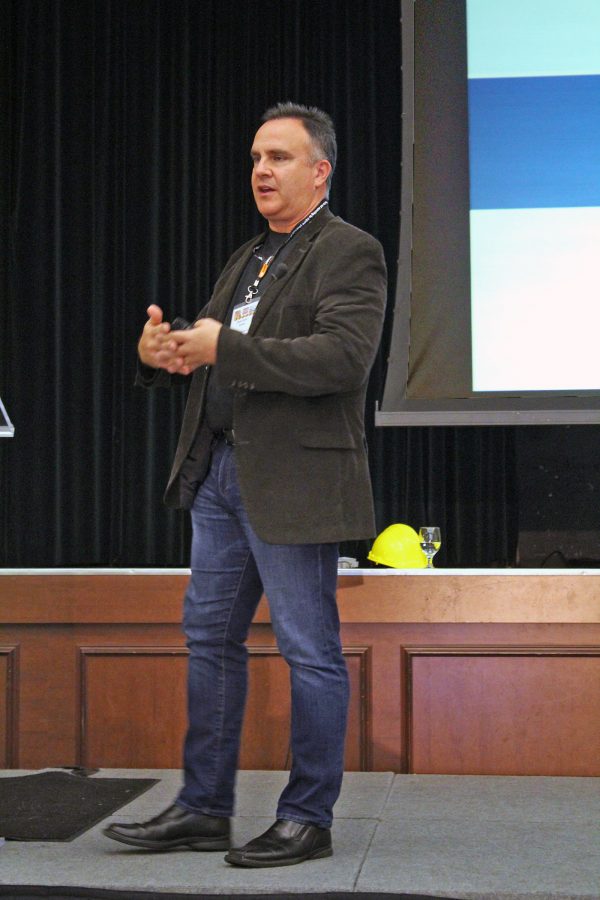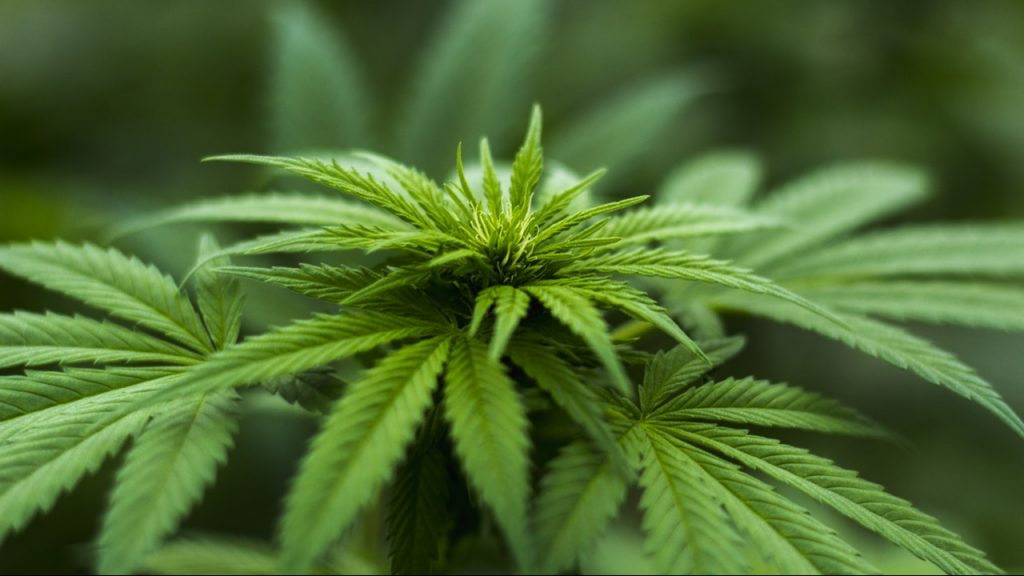Cannabis is legal in Canada, but it’s a complicated issue with continued implications for both industry and society, according to one expert.
BC Trucking Association president Dave Earle spoke to the Bridging the Gap Safety Conference held recently in Vancouver and said while some circumstances have changed post-legalization, other factors remain the same.
“It’s been a week (since legalization) and we’re talking about it as if it’s normal because for a lot of people, it is normal. It’s been here for decades and that’s why it’s legal,” Earle said.
The British Columbia Construction Safety Alliance (BCCSA) and several other organizations worked with Earle to determine how to best educate workers, he said, and found previous studies focused on alcohol use aren’t of much help because the two substances cause different behaviours.

“We found that recreational cannabis users don’t really have a comparable set of bad behaviour to something like alcohol where people can injure themselves,” he said. “One of the reasons for that is that it’s primarily a private activity. That’ll change, but it hasn’t yet.”
Earle also pointed out since recreational cannabis use was until recently illegal, it wasn’t as easy to conduct studies as is the case with a legal substance like alcohol.
Workers are receptive to “pure” education, he said, but are highly media-savvy and will reject cannabis education that stigmatizes the drug or its use.
“Workers are really sophisticated media consumers and are highly suspicious and unforgiving if you approach with anything other than open hands,” he said.
Earle pointed to the chemical differences between alcohol and marijuana and how the human body processes both substances.
“Everyone in this room has a liver that can process one glass of alcohol per hour. Cannabis is markedly different. It goes up and down and has a really long tail. And latency is that long tail,” he said.
The human body processes cannabis in a “non-linear” way, he added, and factors such as latency, fat solubility, and the compounding effects of regular use can all have an effect on test results.
Blood, saliva and urine also have different peak times for the drug, with blood and urine showing the presence of the drug in 15 minutes while saliva takes several hours.
No drug test actually looks for THC, the component in marijuana that induces a high. Instead, Earle said, tests look for THC metabolites which remain in the body once THC has left the system.
“People who cease using cannabis can still test positive for a month. A recreational weekend user may not, but a regular cannabis user could,” Earle said.
“Do I want to know what you did a month ago, or what you did this morning before work?”
He added there are 1,000 Drug Recognition Enforcement certified officers in Canada who are trained to recognize impairment.
“Those officers are highly, highly trained, so how can you possibly do this in your office?” Earle said.
Testing cannabis also falls under a different legal regimen than alcohol. Given the decades of evidence of harm regarding alcohol and impaired driving, “it’s something parliament can limit your rights on based on decades of evidence,” he said.
But cannabis does not have that history or anywhere near the body of evidence gathered about alcohol, Earle added, so in order to use roadside testing, officers have to demonstrate probable cause.
Now that the substance is legal research will accelerate, but the continued unlawful status of marijuana in the U.S. will be an impediment to study, Earle noted.
He added that up until now, “proponent advocacy has drowned out other voices. But that will drop away, and you will see new studies.”
Earle also addressed recent concerns about travel to the United States.
He noted the Department of Homeland Security changed its policy recently so a Canadian is admissible if they work in the cannabis industry, but not if they promote the industry.
“So for construction, if you’re bidding on projects to convert greenhouses to grow marijuana, you might still be at risk,” he said.










Recent Comments